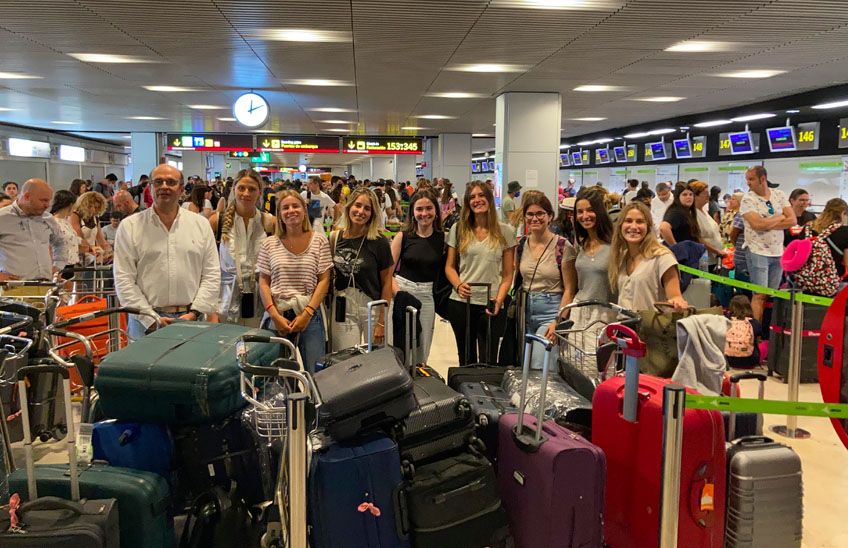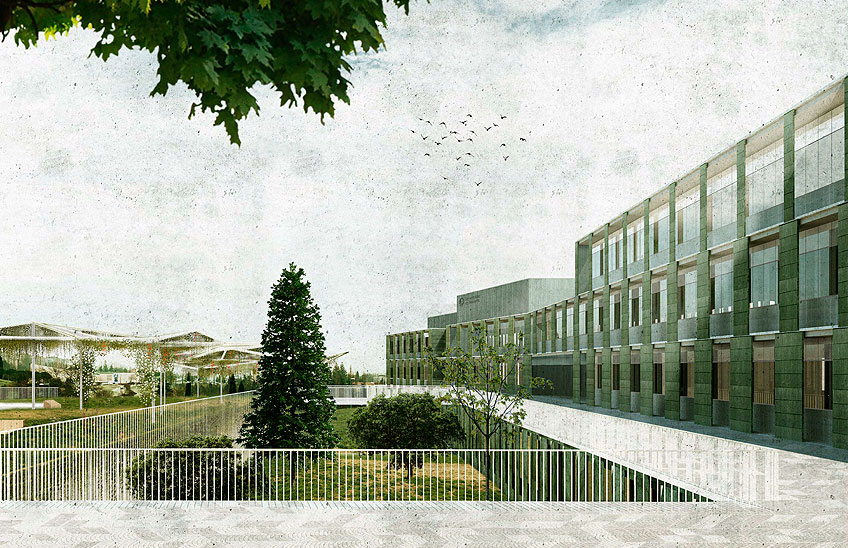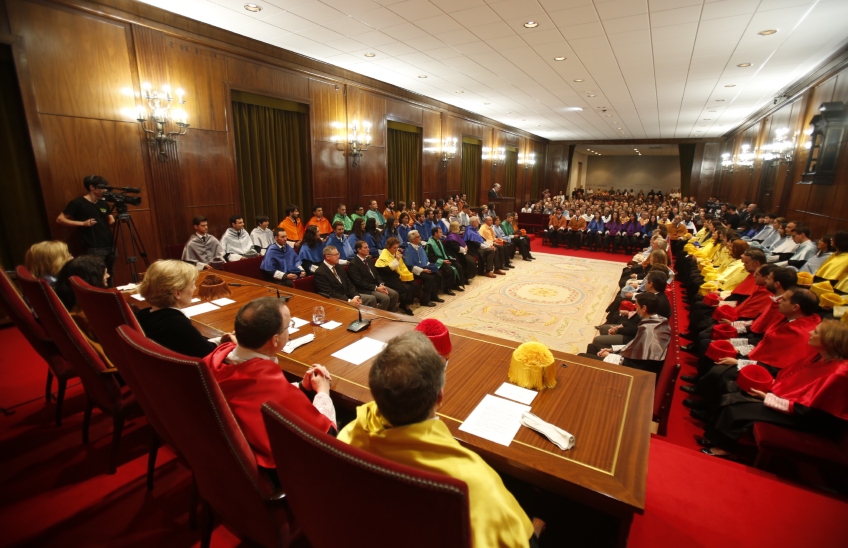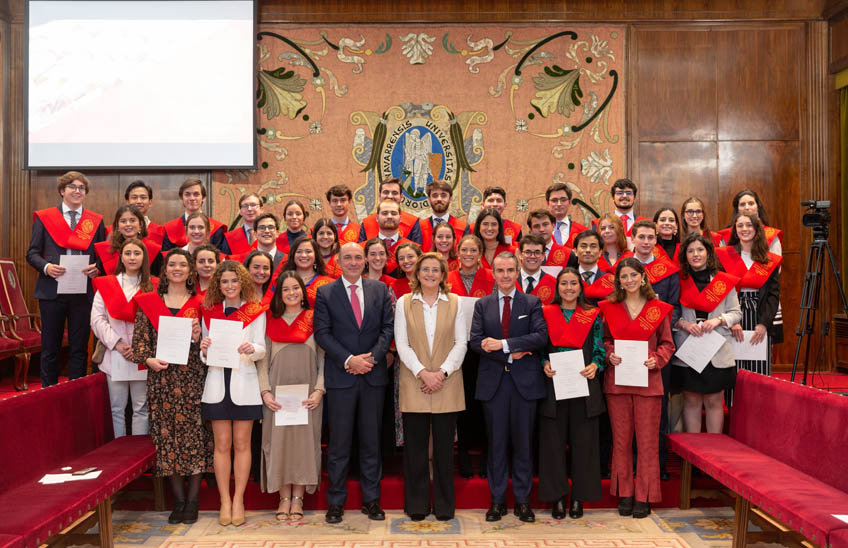Elikia: a hope for cervical cancer in the DRC
A group of medical and nursing students from the University together with Dr. Luis Chiva will work this summer at the hospital in Monkole.

PhotoCedit/
15 | 07 | 2022
A group group of students from the University of Navarra has travelled to Kinshasa (Democratic Republic of Congo) in search of a sustainable alternative to reduce the high mortality rate of cervical cancer in that country. Elikia, hope in Lingala, is the name of the project on which seven students of Medicine and Nursing from the University of Navarra and a nurse from the Clinic will work this summer, coordinated by Dr. Luis Chiva, professor of the School of Medicine and director of the department of Gynaecology of the University of Navarra. Clínica Universidad de Navarra.
The group, which took off on 14 July from Barajas airport in the direction of Kinshasa, will carry out its research there together with the NGO Amigos de Monkole. Its goal is to work for two weeks with specialists at Monkole Hospital, where they will carry out free tests to detect the Human Papilloma Virus (HPV), a sexually transmitted disease that causes 70% of cases of cervical cancer, according to the World Health Organisation (WHO).
The Elikia team is made up of students María Hitos and Iranzu Etchepare, both from Pamplona; Pilar Sánchez, from Cádiz; Claudia Sainz, from Bilbao; Marta Larrañeta, from San Sebastián; Irene Martínez, from Alicante; Beatriz Fernández, from Madrid; and nurse Marta González, from A Coruña.
Monkole, model of preventive health
In Congo, cervical cancer is the most prevalent cancer disease among women. There is no early detection system to reduce its incidence. Moreover, there is no HPV vaccination programme. Diagnosis in most patients is made when the tumour is in advanced stages and usually results in the early death of the patient.
In the Congo, the incidence of cervical cancer is estimated at 30-35 per 100,000 inhabitants. "Our goal - says Dr. Chiva - is to achieve in 10 years a reduction from 4 to 6 per 100,000 in our area of influence. This would make Monkole a model of change in preventive health in the country, based on a perspective of efficiency and solidarity".
The University of Navarra expedition left Madrid with suitcases full of 400 kilos of the material needed for research. By means of a simple test with acetic acid and iodine, they will be able to discriminate which patients are at risk of future cancer. And these patients will be treated by thermoablation, procedure , which destroys lesions by heat and is recommended by the WHO since 2019. According to Professor Chiva, "this is an efficient, sustainable and affordable way for the Congolese population".




